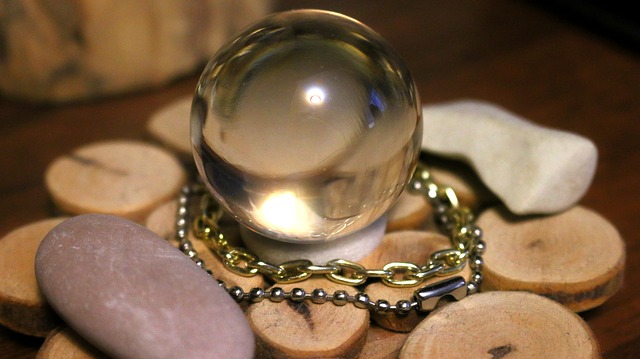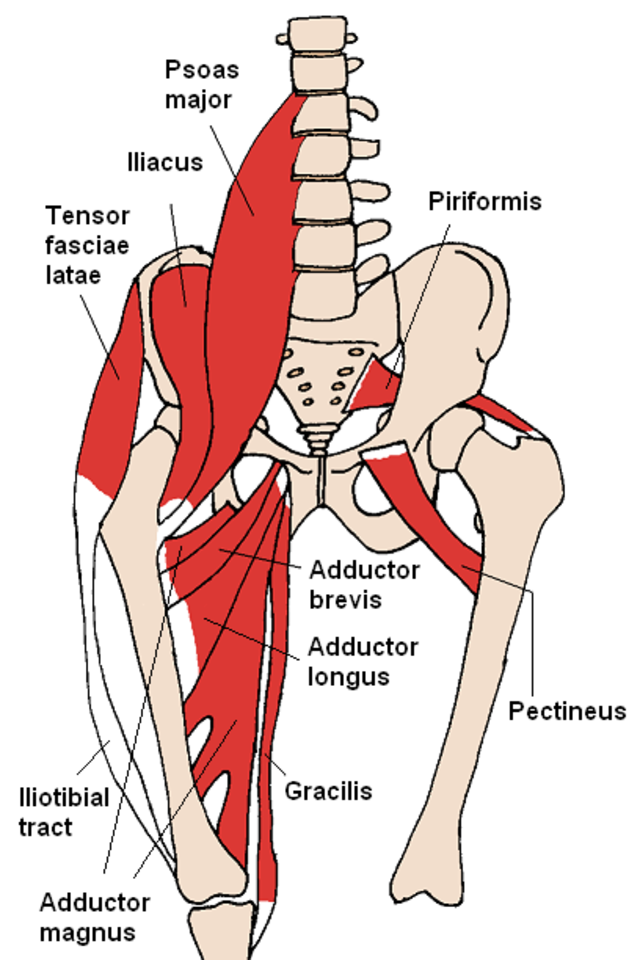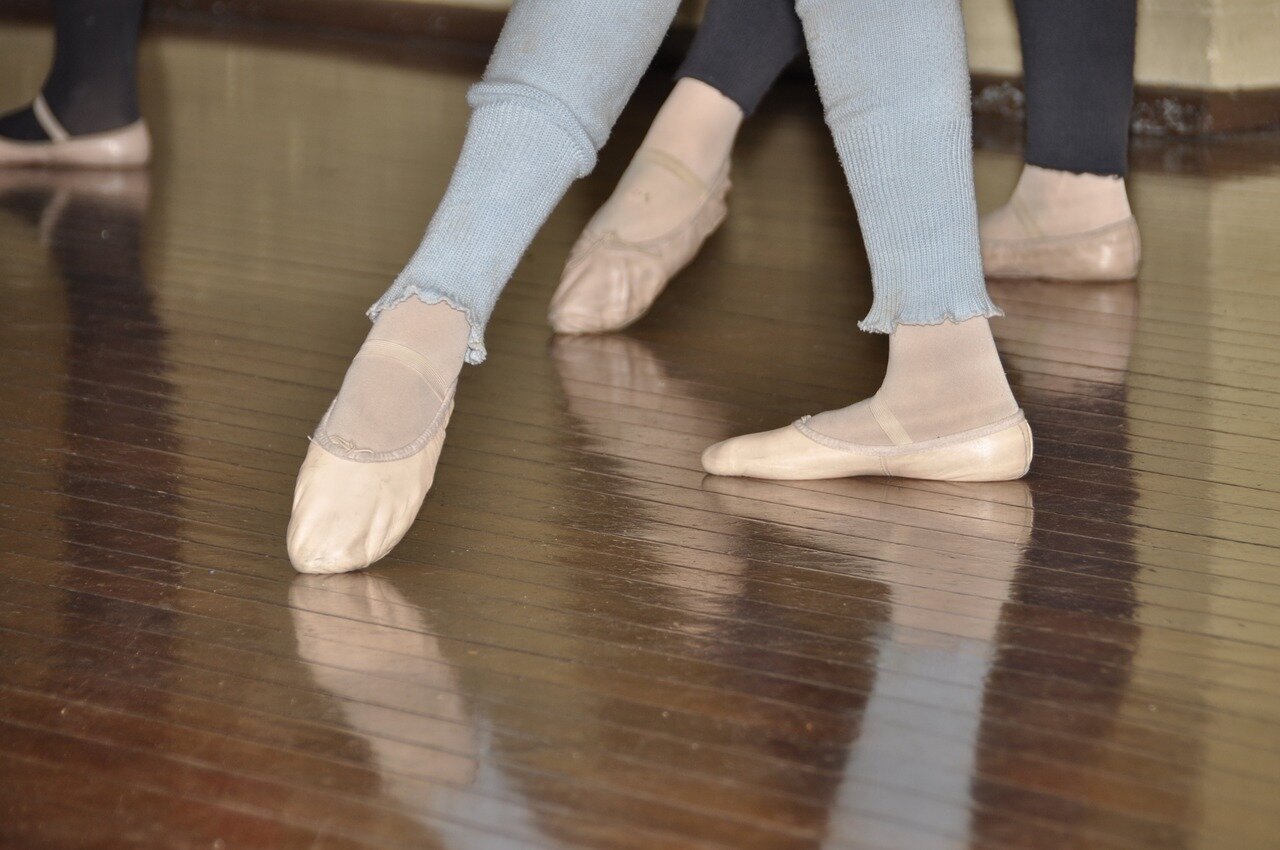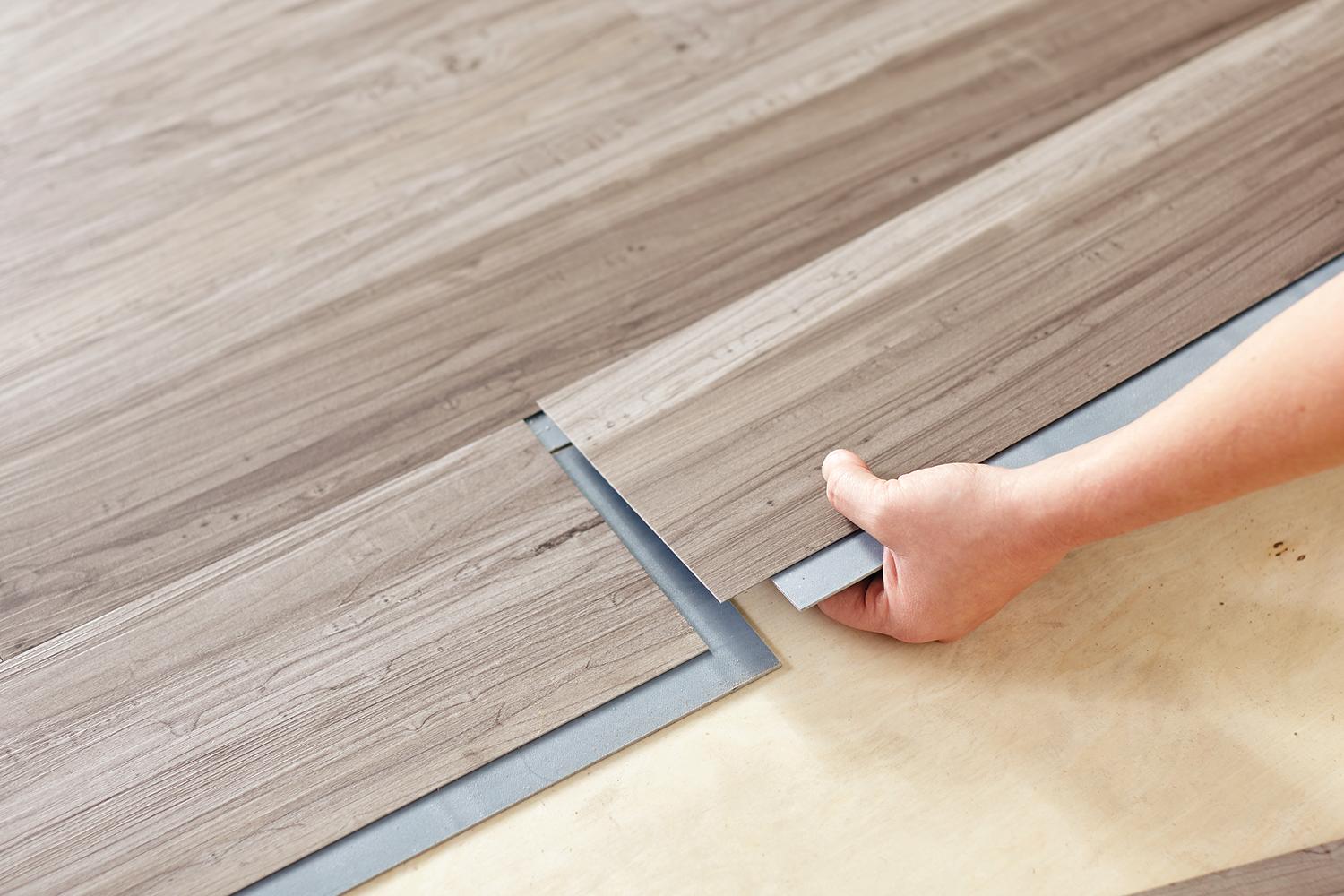Are you a night owl? Here's what science says about you
/The bulk of the data reported in this article are taken from epidemiological studies, which carries some disclaimers.
This description of late chronotype people is a lot like a horoscope or a line from your fortune cookie. "A THRILLING TIME IS IN YOUR FUTURE" doesn't guarantee any truths about your inevitable and unchanging destiny. Instead, the wisdom on that slip of waxy paper offers you a filter through which you can view the as-of-yet unwritten future - or better yet, it can serve as a catalyst that sparks an immediate action on your part to produce some positive change in your life.
Second, the reported findings are a one way street. If you start staying up late every night, and even if you successfully shift your chronotype, it doesn't mean that you will suddenly (or even gradually) become more creative, for example. The results point to correlations, not to causations.
You being a night owl doesn't guarantee ANY outcome. Instead, think of the findings written below as a heads-up for what traits you could have in common with others of your similar chronotype. You still have the capability to change any trait you dislike while embracing the characteristics that you do like.
The Good
1. Smarter
A study published by researchers at the University of Madrid showed that night owls and evening type people performed better on an inductive reasoning test compared to their early morning compatriots. Inductive reasoning can be used as an indicator of general intelligence, which in turn could predict future success.
Despite these markers of intelligence, night owls may perform worse than morning people academically. Since school tends to start around 8 or 9 in the morning, these academic environments benefits those with an early chronotype, while the late chronotype people are still struggling to wake up in the first place.
Related: How to shift your chronotype earlier
2. More creative
In addition to performing well on logical reasoning tests, there is reason to believe that evening types excel at creative thinking. In an Italian study published in the academic journal Personality and Individual Differences, subjects were given a set of tasks to assess creativity, including making a picture out of a set of randomly placed shapes and lines. (As an added bonus, they found that the heightened creativity seen in these late night people were maintained even through old age!)
3. Stronger
According to a small study, night owls also have a physical strength advantage over morning people - but only during the darkness of night. Dr. Olle Lagerquist, one of the authors of the study, theorizes that an increase in strength occurs when the excitability levels of the spinal cord and the motor cortex align. In evening type people, this tends to occur at night. Strangely, morning people do not have a boost of strength in the morning. But still, night owls will likely struggle during morning tests of strength, while the early birds will perform equally well either at night or in the morning.
Property of bill watterson, "Calvin and Hobbes"
4. Work well under pressure
Being at a mental peak in the evening may have some non quantifiable advantages. As a night owl, I found that late night deadlines often work in my favor. I focus very well as the night sets in, which makes it easy to crank out a last minute paper to meet that 11:59 PM submission deadline.
5. Able to spend time on self improvement
I spend a good amount of my evening energy focused on personal projects, outside of the usual work / dance. Thanks to my proclivity towards those late night hours, I find that I still have mental energy AFTER work and dance for other side projects: writing articles for this website, learning about web marketing, and doing some volunteer work with Rooted in Motion.
The Not-So-Good
1. Depression
Some research indicates that night owls are more prone to developing depressive states, a study which has been repeated across different cultural groups. Neurobiological explanations aside, depression seems to be more common among animal test subjects that were exposed to light night and day (sleep deprivation was controlled for.) The researchers theorize that unnatural exposure to light during the night may somehow contribute to the onset of depression.
2. Sleeplessness
Night owls are also more prone to developing insomnia. As the argument goes, since you are still asleep late into the AM, you'll likely not awaken until the sun is already high in the sky. Because of this, you have already missed several hours of morning sun. Direct sunlight is an important signal to set your circadian rhythm in sync, as production of the sleepy-ness inducing hormone melatonin is sensitive to sunlight.
3. Poor physical shape
In addition to being prone to psychological conditions, night owls may also be predisposed to physical health problems as well. A Korean study found that late sleepers are more likely to develop diabetes and have an unhealthy metabolic profile including high blood sugar and excess body fat, signs that could predispose someone to obesity. As a caveat of this finding, the researchers also observed that the late chronotype subjects were more likely to smoke and exercise less - although I know dancers who smoke, they are the overwhelming minority. And the "chicken or the egg" problem arises here: Do poor lifestyle decisions precede a late chronotype, or the other way around?
Conclusions: How to use your chronotype to your advantage
For each of these findings above, there are both advantages and disadvantages. Knowing your chronotype by itself is just knowing a bunch of facts: neat, but not directly applicable. But bringing these random facts to a cash game of pub trivia can allow you to transform these facts into money. And this is what you need to do with your knowledge of your individual circadian rhythm.
Turn your chronotype into your advantage. Use the strengths of your night owl-ness! Switch on that creativity and work distraction free while the rest of the world is dozing. Be smart about procrastinating: You can knock out quality work last minute IF you have enough time. Take advantage of your high levels of mental energy at the end of the long work / dance day, and sign up for free online classes to expand your knowledge. Go out and be social! It's an important part of staying healthy.
On the other hand, be aware of your potential weaknesses and actively fight against them. Maybe other night owls are predisposed to obesity. Take that knowledge and transform it into a promise to keep exercise as a part of your daily routine. For us dancers, staying active is what we do!
Don't be afraid of the dark. Own the night.
Read more about your chronotype and circadian rhythm here:



















